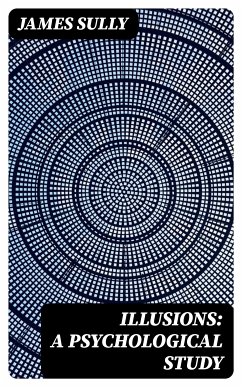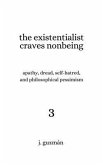In "Illusions: A Psychological Study," James Sully embarks on a profound exploration of the interplay between perception and reality. Drawing on contemporary psychological theories and philosophical inquiries, Sully delves into the mechanisms of human thought and the nature of illusion. With a literary style that is both accessible and intellectually rigorous, this work fits within the late 19th-century context of burgeoning psychological research, where the boundaries between science and philosophy were increasingly blurred. The text includes insightful case studies and philosophical arguments that challenge readers to rethink conventional understandings of reality and awareness. James Sully, a noted psychologist and philosopher of his time, was deeply influenced by the advancements in psychology and the study of consciousness. His scholarly background and keen interest in the workings of the mind informed his analysis of illusions, blending empirical observation with a contemplative approach. Sully's commitment to addressing complex psychological phenomena rendered him a pioneering figure in the field, making this work both timely and prescient. "Illusions" is essential reading for anyone interested in the intricacies of the human mind and the philosophical implications of perception. Sully's insightful observations will enrich your understanding, making this book a valuable addition to both academic libraries and personal collections.
Dieser Download kann aus rechtlichen Gründen nur mit Rechnungsadresse in A, B, BG, CY, CZ, D, DK, EW, E, FIN, F, GR, H, IRL, I, LT, L, LR, M, NL, PL, P, R, S, SLO, SK ausgeliefert werden.









